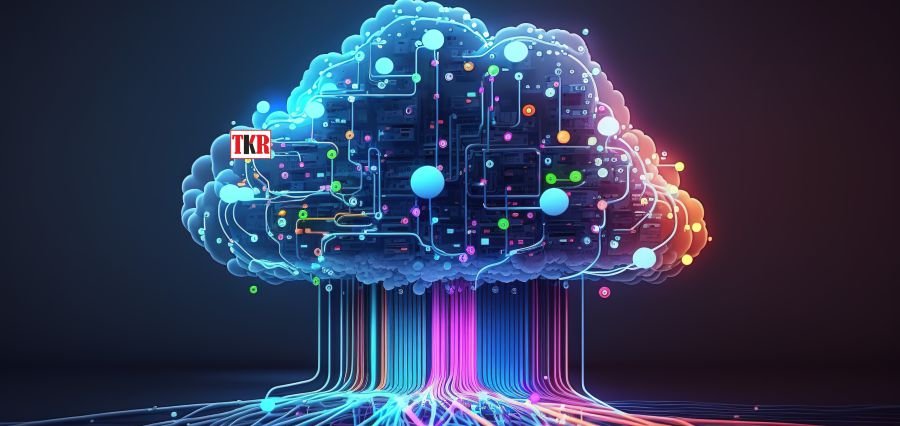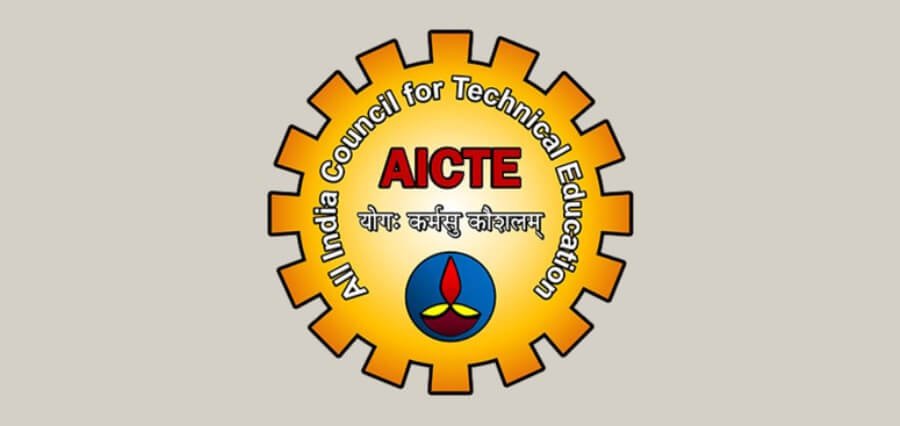The Indian education system is on the verge of a significant transformation with the integration of Artificial Intelligence (AI), promising a more personalized, efficient, and inclusive approach to teaching and learning. In a nation with over 250 million students in schools and millions more in higher education, AI is emerging as a crucial tool to address challenges related to scale, diversity, and quality.
Traditionally criticized for its uniform approach, the Indian education system stands to benefit greatly from AI’s ability to offer customized learning experiences. AI-powered platforms such as BYJU and Vedantu are already implementing adaptive learning technologies that tailor educational content to individual students’ needs, improving engagement and outcomes. According to a recent NITI Aayog report, AI could enhance learning outcomes by up to 40% and bridge gaps between urban and rural education by extending quality resources and teaching to remote areas.
A survey by TeamLease EdTech reveals that over 60% of educators in India have begun integrating AI tools into their classrooms. The survey highlights that 64.87% of respondents see AI as a transformative force in education, although ethical concerns persist, with 87.85% advocating for government regulation of AI use. Despite these concerns, 70.85% of educators believe AI will have a more profound impact on education than the smartphone revolution.
AI is also revolutionizing assessment methods, offering continuous and comprehensive evaluation techniques. Tools like Mindspark provide real-time feedback, helping both teachers and students identify and address learning gaps. The Central Board of Secondary Education (CBSE) plans to employ AI for exam grading by 2025, aiming to reduce human error and bias in evaluations.
Teacher development is another area benefiting from AI. Initiatives like the Government of Karnataka’s AI-based training program, in collaboration with Microsoft, demonstrate how AI can offer tailored professional development for educators, leading to improved classroom engagement and student outcomes.
AI’s potential to enhance inclusivity is significant. The All India Council for Technical Education’s new AI-driven platform, developed with Google, offers multilingual resources for technical courses, breaking down language barriers and providing equitable access to education.
While challenges such as the digital divide and infrastructure gaps remain, the ongoing efforts and government support are paving the way for a more advanced and inclusive educational system. AI is set to play a pivotal role in shaping the future of education in India, fostering creativity, critical thinking, and lifelong learning, and ensuring that the education system meets the needs of all students.
Read More: https://theknowledgereview.in/





